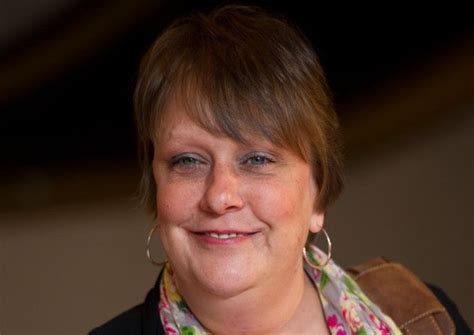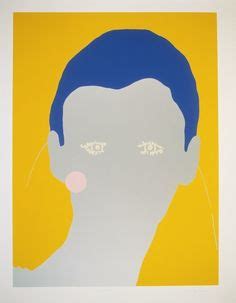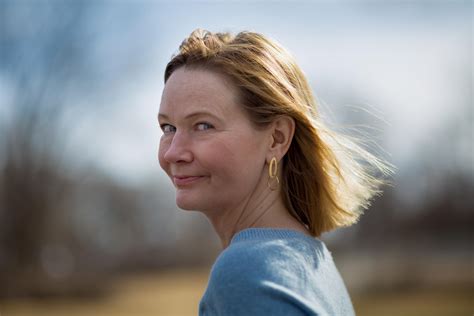A Quote by Gabriel Campisi
Several years ago, as I was transitioning from film finance to film production and writing again, someone asked me how long I would try to get back into filmmaking before I gave up? My response was "giving up" was not an option.
Related Quotes
'Beyond the Lights' took incredible fight to get made. Four years of writing and two years of overcoming 'no.' Every studio balked. Twice. But I kept fighting. What gave me the courage was 'Love & Basketball.' Every studio turned down that film, too. But I never gave up because I believed in it with my whole heart and soul.
I think a lot of people go into filmmaking thinking, "How can I make a career?" And so when they make their first film, they make it thinking, "Well, this'll be the one that gets me to the place where I can make the second film the way I want to make it, and that'll get me to the place where I can make $100 million on the third film." And I thought, "Well, if I put sustainability at the bottom of my priority list, then what opportunities is that going to free me up to pursue?" And that's what I've always done.
One thing about a film production is that it must run efficiently; there is no room for dead wood. So somebody that hangs around by the coffee wagon won't get hired again, but somebody who is dedicated and works hard and really puts out will get noticed by the people that matter around there and will get asked to come back again.
Stephen King told me a long time ago, when he gave me some advice about the movies. He said to take the money up front and expect it to be something different than the book and if you don't like that don't deal with Hollywood. But if you take the money, shut up and don't criticize the film because you sold it. The movie doesn't change a word of the book.
Well, actors get very frustrated with giving control to other people. They have their own ideas and wants for their characters. Warren Beatty once told me that he thought actors ended up directing out of frustration. If you have a strong sense of how to communicate a film, you should direct. The problem is that it is a huge commitment. I'd rather direct a play than a film due to the time. A movie can tie you up for a year or more.
I was at the New York Film Critics Circle Awards one year - they called me up when somebody canceled two days before the thing, and asked me to present some awards. So I went, and one of the funniest film moments I've ever had was when they introduced the New York film critics. They all stood up - motley isn't the word for that group. Everybody had some sort of vision problem, some sort of damage - I had to bury myself in my napkin.
While I was writing the book, I went to see Louise Brooks's most famous film, Pandora's Box, at the Tivoli in Kansas City, and it was a lovely experience. You can watch old silent films on DVD or even on YouTube, but it was a different feeling watching her up on the big screen, seeing the film the way people saw it all those years ago.
































